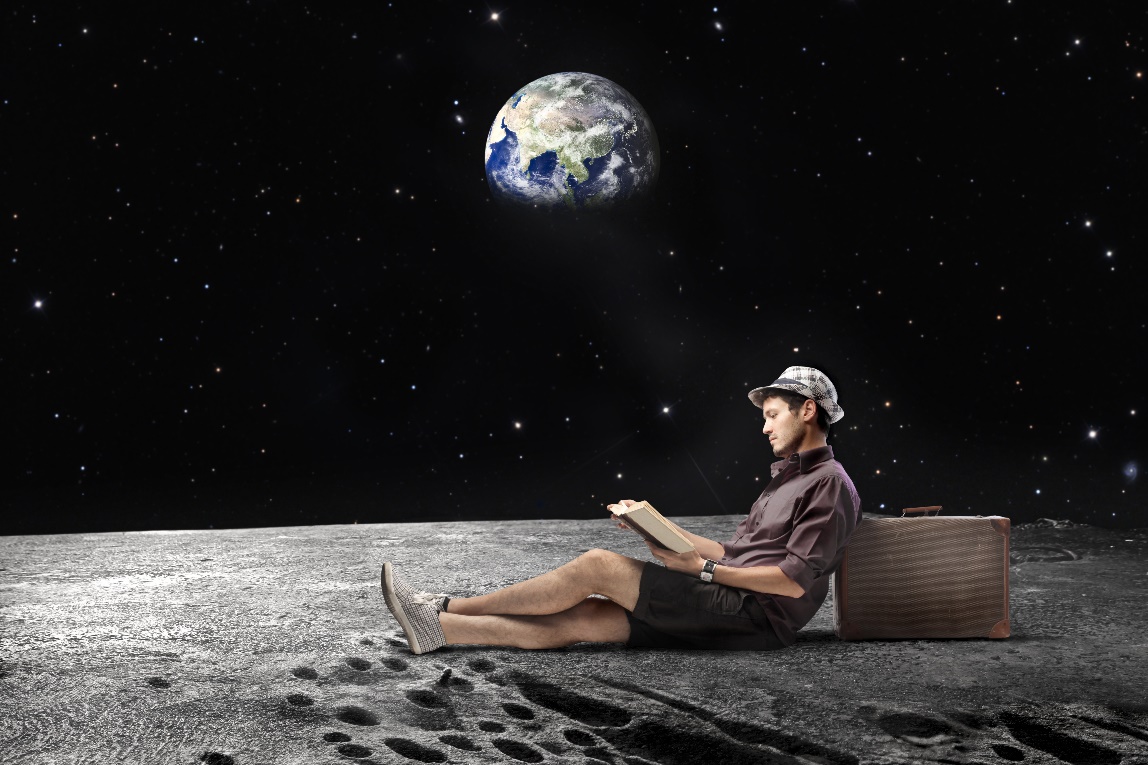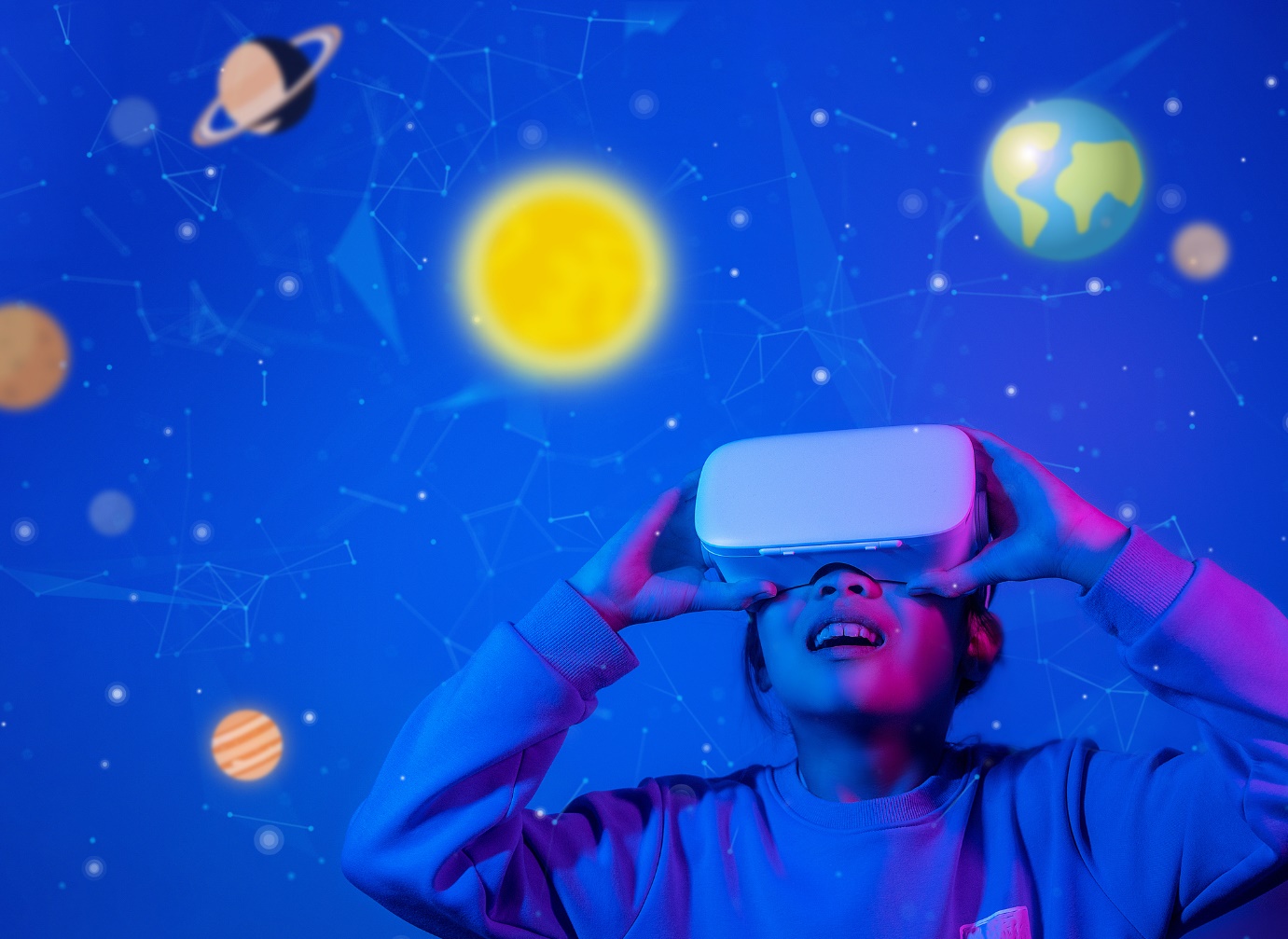China Business Knowledge White Paper Series: Space Tourism Isn’t Science Fiction Anymore
By Professor Lisa Wan, School of Hotel and Tourism Management, CUHK Business School
HONG KONG SAR - Media OutReach - 13 September 2023 - Since ancient times, humans have observed astronomical phenomena and dreamed of exploring the worlds beyond ours.When Neil Armstrong first stepped on the moon's surface on July 20, 1969, he said, "That's one small step for a man, one giant leap for mankind." Space exploration has served as an inspiration to humankind. Although space exploration was only limited to professional astronauts in the past, it is no longer a dream for private citizens reaching for the stars themselves anymore.

Virgin Galactic first blasted off to suborbital space on July 12, 2021 and Blue Origin soared past the edge of space on July 20, 2021. Then, Space X launched Resilience which carried 4 civilians into space on Sep 15, 2021, making it the world's first spacecraft to carry all civilian passengers.
With the continued advancement of space technology, space exploration has become a key mission for many nations including the U.S. and China. For example, the U.S. plans to return to the moon and establish a lunar colony over the next few years. China also built its Tiangong space station in 2022 and is planning to get to the Moon in 2030. The rapid development of space technology will further lower the costs of space tourism and the space tourism market is expected to grow rapidly. The global market for space tourism is estimated to reach US$1.7 billion by 2027, and the U.S. and China are the two biggest potential markets for space tourism.
Having civilians travelling to space will be a breakthrough in human cultural development. As space tourism hits mainstream commercialisation, who would be more interested to spend money on enjoying the breath-taking views of Earth in space? Moreover, a luxury space hotel Voyager Station is scheduled open for business in 2027. In order to generate revenue, what activities and foods should space tourism companies provide to tourists once reach orbit? Since space tourism is still expected to remain relatively expensive, what about the masses who are still unable to afford space travel? Is there a way for them experience space travel in a cheaper fashion? What lessons can companies seeking to develop space tourism learn?
In this CUHK Business School Research White Paper, we sought to explore the latest and future development of this newly emerging industry.
Must-Have Menu and Activities at Space Hotel
Though physical space travel is still inaccessible to all but the super-rich, this is becoming less of a barrier in the foreseeable future. With the continuous evolution of space technology, many believe that space tourism costs will drop and slowly but surely make its way into mainstream.
This research white paper provides several insights. First, Chinese people have a higher intention to engage in space tourism than their American counterparts because the latter perceive space travel to be riskier. A possible strategy to promote space travel in the Western market would be to provide more concrete technological information and to emphasise safety in advertisements and social media to reduce tourists' risk perceptions. On the other hand, when targeting the Asian market, space travel advertisements could emphasise the fantasy and extraordinary experiences.
Second, when considering the space hotel facilities and services, both American and Chinese tourists in general want to have basic facilities of artificial-gravity pools and spa/massage room services. While American tourists have a higher preference on "outdoor" space tours, Chinese tourists prefer "indoor" activities like watching movies. Space tourism companies may consider to tailor-made the services according to their different preferences.
Third, food is an essential part of travel. Based on the survey findings, it is suggested that steak and burgers are "must menu items" for space hotel to satisfy both American and Chinese tourists. Hotpot is the most popular menu item for Chinese tourists, I highly recommend future space hotels to include this to shape Chinese tourists' memories.
Space Travel Opportunity for Public?
Forth, immersive technology of metaverse enables users to engage in virtual space travel in anytime and anywhere. However, would visitors explore the space virtually no longer be interested in visiting the space physically in the future? I conducted a survey in 2022 by inviting 120 participants to experience a 5-minute virtual space tour for enjoying the earth view. After experiencing the immersive VR space tour, more than 80 % of participants were excited and indicated that they would travel to space physically if they could afford it. Therefore, using immersive technology as a "pre-trip" of space can attract tourists to travel to space physically.

In addition to space hotel services and food, it would be interesting for space tourism companies to explore how to apply robots to serve tourists in the near future. Robots are usually adopted to help astronauts to investigate and complete dangerous and risky space missions. In fact, robots can also serve in a companion role for human in space.
Since the cost of sending a robot to space is much cheaper than sending a human (e.g., they can be left out in space without returning to earth), it is cost effective to adopt humanoid robots to serve tourists in space hotel. My previous research suggests that, in the hospitality and tourism context, customers in general prefer to interact with humanoid robot than non-humanoid robot, and they are more willing to use friendly-looking service robots (e.g., child-like) when they are looking for suggestions such as menu items to try, specific things to see. However, they prefer to use professional and competent-looking service robots (e.g., adult-like) when seeking instructions related to tax refunds or travel insurance. These research findings on earth provide practical insights for robot adoption in space hotel. For example, space hotel could use child-like humanoid robot to greet guests and increase their satisfaction.
Space tourism remains in its nascent phase, but traveling to outer space may be as easy as taking a flight to Europe in the future. At CUHK Business School, we look forward to exploring the latest development in space tourism, and how hospitality and tourism industry can better seize these emerging opportunities.
Learn more: https://cbk.bschool.cuhk.edu.hk/research-whitepapers/space-tourism-isnt-science-fiction-anymore/
Hashtag: #CUHKBusinessSchool
The issuer is solely responsible for the content of this announcement.
















